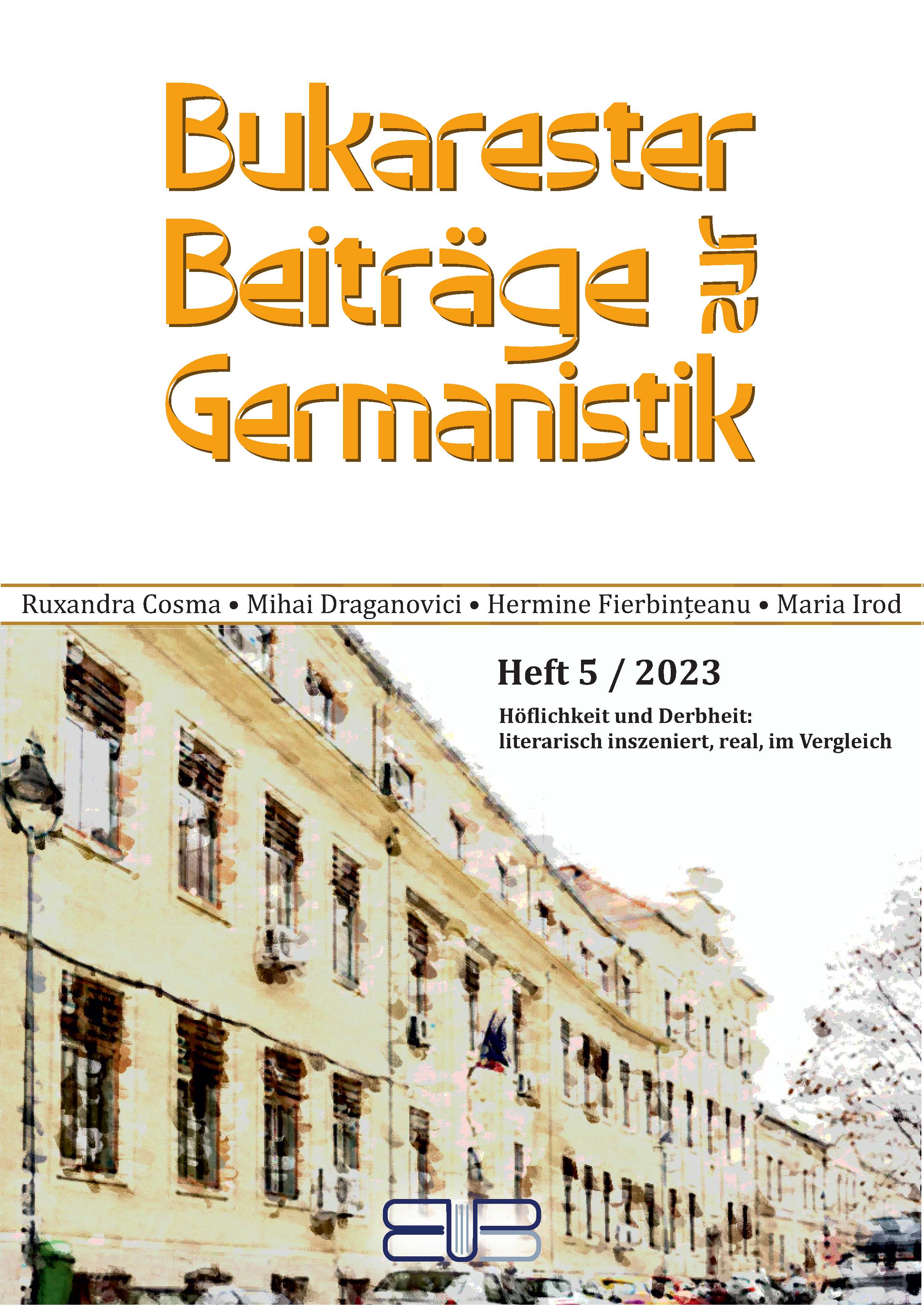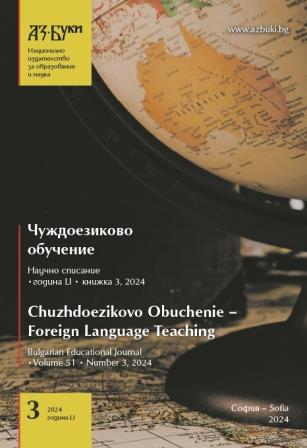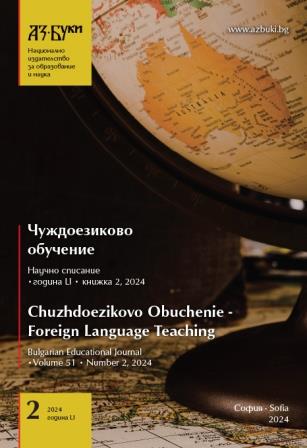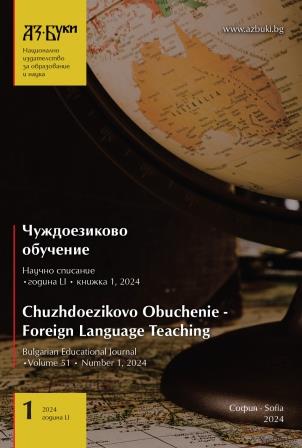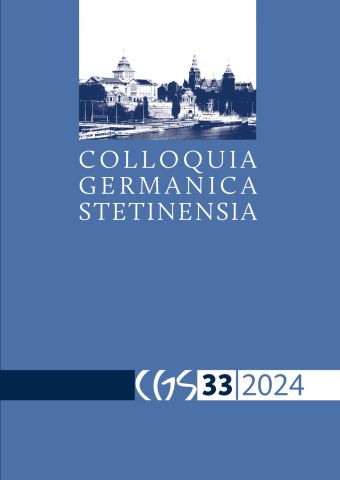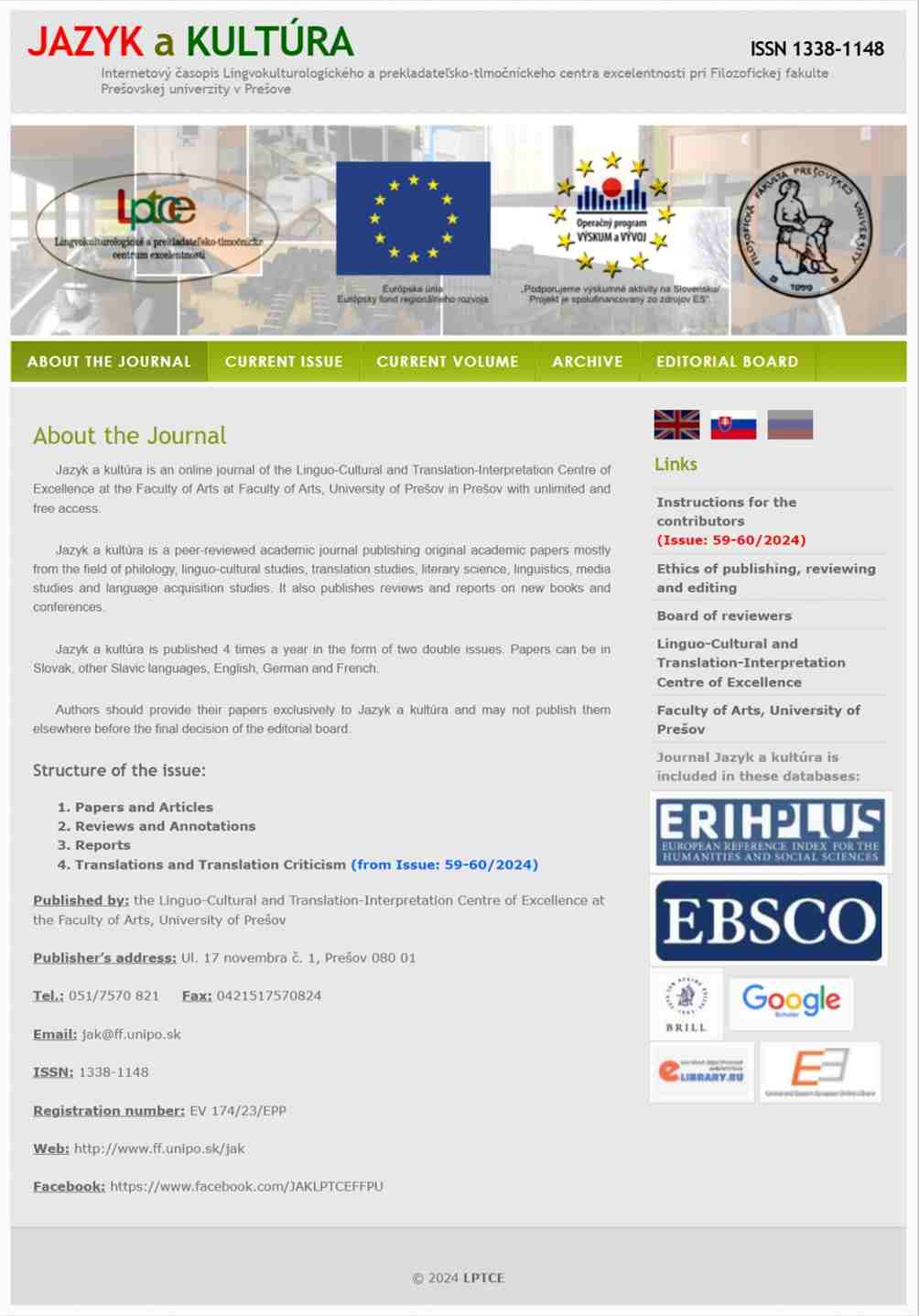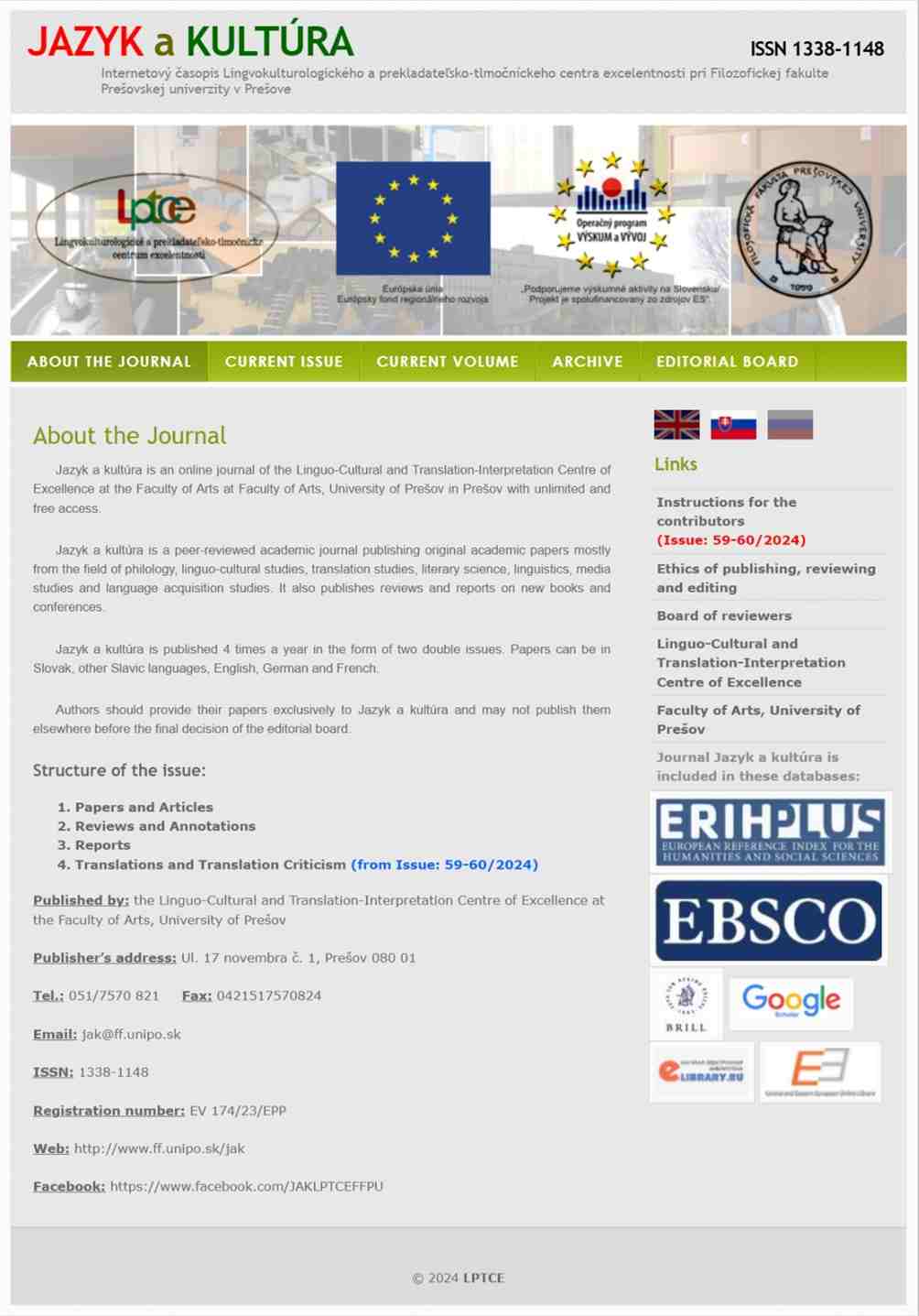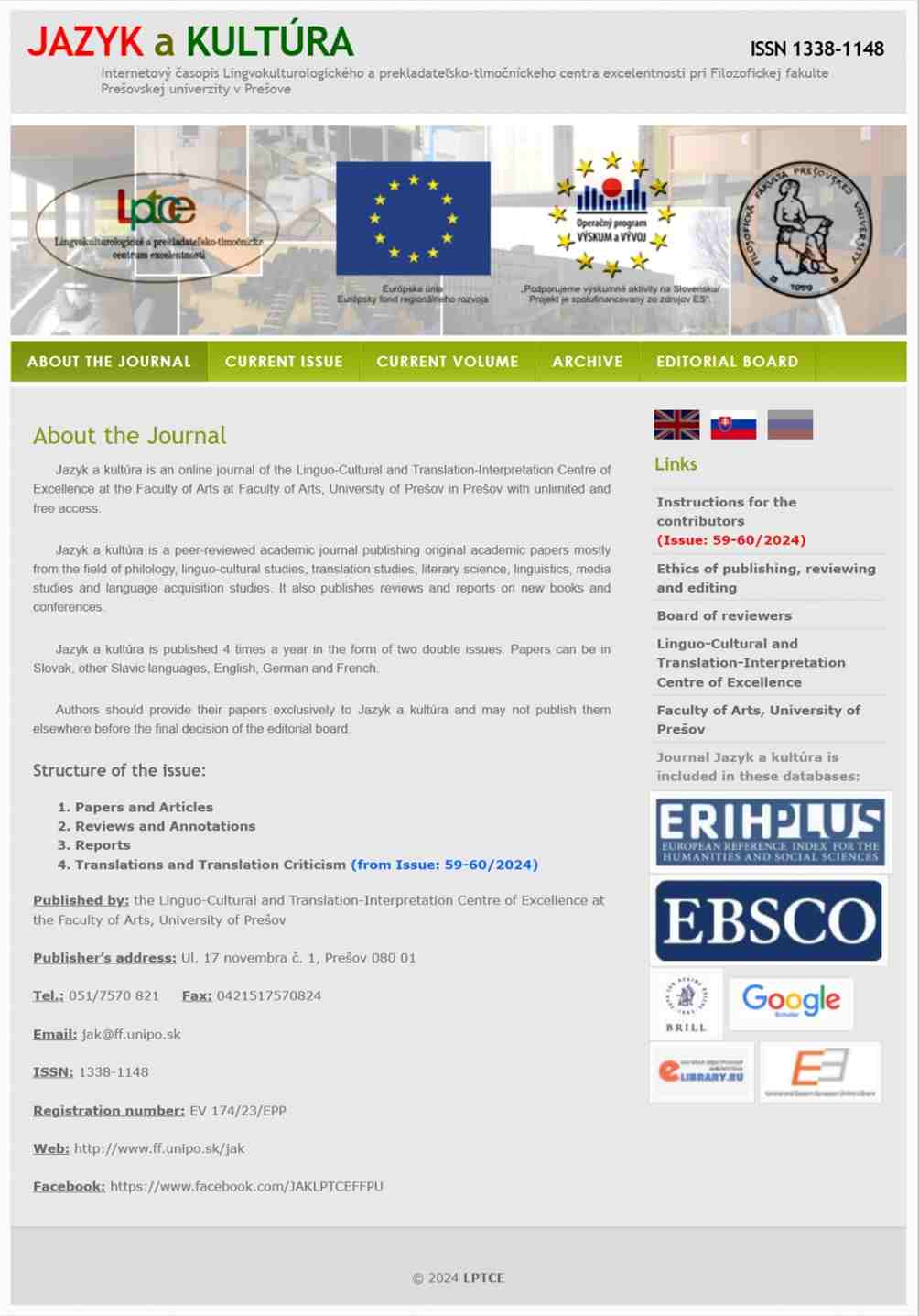Author(s): Anna Dargiewicz / Language(s): German
Issue: 33/2024
„Linguistic Landscape research is a relatively young sociolinguistic subdiscipline“, stellte 2007 Peter Backhaus fest. Das auch LL, Sprachlandschaft oder sprachliche Landschaft genannte Forschungsgebiet Linguistic Landscape beschäftigt sich mit der visuell gestalteten Sprache im öffentlichen Raum. Der Beitrag stellt sich zum Ziel, anhand des gesammelten Korpus zu beweisen, dass die Stadt nicht nur ein Ort der mündlichen Kommunikation ist, sondern auch ein Ort, wo man mittels geschriebenen Wortes kommuniziert. Darüber hinaus veranschaulicht das mithilfe der Linguistic Landscape- Recherche gewonnene Korpus, dass die im öffentlichen Raum präsenten Texte eine Bestätigung der Kreativität der Benutzer der deutschen Sprache sind. Diese Kreativität spiegelt sich in der Bildung von sprachlichen Formen wider, die in dem Beitrag ausführlich analysiert wurden. Diese Formen fallen durch ihre Eigenartigkeit auf, überraschen oder geben zu denken, wodurch sie das Interesse der Betrachter wecken. Es sind sprachliche Neubildungen, die aufgrund bekannter Regeln der deutschen Wortbildung entstehen. Es sind zugleich Beweise dafür, dass in der Gesellschaft Bedarf besteht, auf besondere, immer auffälligere Art und Weise zu kommunizieren, wobei Worte/Wortbildungsmorpheme auf bisher ungewohnte Art und Weise miteinander kombiniert werden. Dadurch weckt die mitzuteilende Information zweifelsfrei eine verstärkte Aufmerksamkeit der Rezipienten.“Linguistic landscape research is a relatively young sociolinguistic subdiscipline”, stated Peter Backhaus in 2007. The research field of Linguistic Landscape, also referred to as LL, deals with the language visible in public space. The aim of the article is to prove this on the basis of the collected corpus that the city is not only a place of oral communication, but also a space where people communicate by means of the written word. Moreover, the texts present in public space are a confirmation of the creativity of the users of the German language, which is illustrated by the corpus obtained with the help of the Linguistic Landscape research. This creativity is reflected in the formation of linguistic forms, which are formed using the familiar rules of German word formation. These word formations are striking, surprising or thought-provoking due to their peculiarity, thus arousing the interest of the readers/viewers. They are linguistic neologisms and at the same time they prove that there is a need in society for increasingly striking communication patterns, whereby words/word-forming morphemes are combined in unusual, hitherto unexplored ways. As a result, the information communicated undoubtedly attracts more attention from the recipients.
More...
